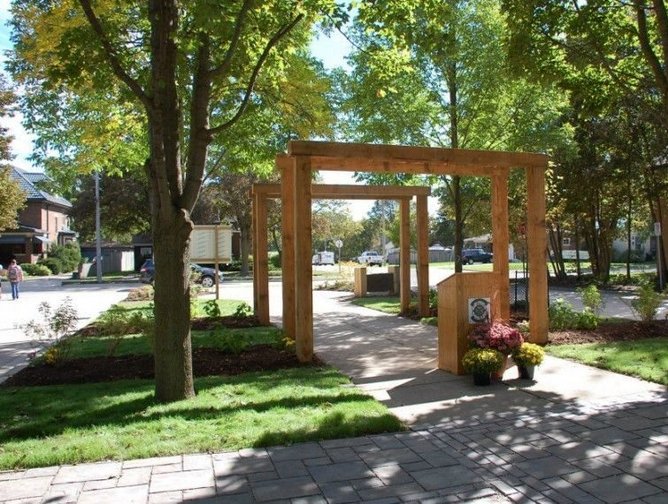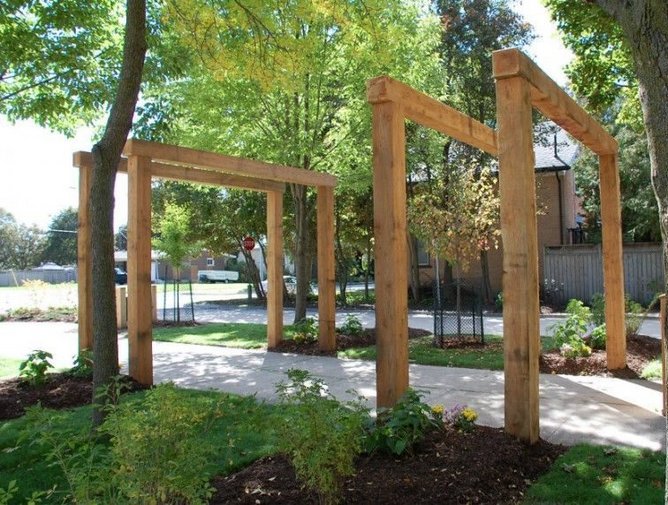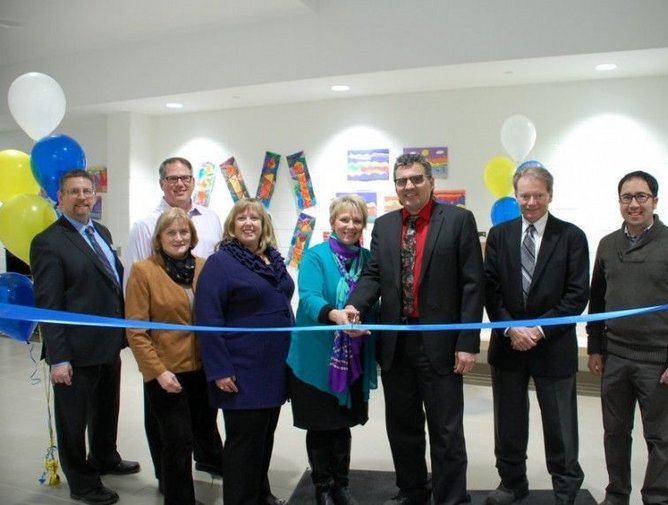Waterloo Region District School Board: The business side of education
Since its establishment in 1969, the Waterloo Region District School Board has grown to become one of the most progressive school boards in the province. Last September, the Waterloo Region District School Board (WRDSB) was excited to appoint John Bryant as Director of Education. Bryant comes from a strong background in the education system, having worked over thirty years in public education in a variety of senior roles. With his broad knowledge of the education sector along with his extensive leadership experience, including previous positions as Director, Executive Superintendent of Human Resource Services and Organizational Development, and Superintendent of Education, he is well prepared for the role as Director of Education to support the vision of “Inspired Learners – Tomorrow’s Leaders”.
Operating as a Business
With over 62,000 students, 6,000 employees and 120 schools, the WRDSB is a complex educational system that has to operate within an education and business model. From a business point of view, the fiscal challenges, fiscal responsibilities, fiscal parameters, along with fair and equitable hiring practices and procedures, the structures are providing good function to the organization, allowing the WRDSB to promote skillful leaders. “Some people think the education system operates differently but really we have the same fiscal and leadership responsibilities as any other business,” adds Bryant.
Working toward continuous improvement in its business strategies, the WRDSB employs improvement and action plans that focus on strategic initiatives to maximize the educational experience for each learner. The Board Improvement Plan for Student Achievement (BIPSA) is used as a more focused guideline for the WRDSB Strategic Plan. The BIPSA identifies an overall long-term goal, an annual goal, a system expectation, areas of focus for students and educators, and learning targets The Board Improvement Plan guides the School Improvement Plans at each school.
An exciting new area for the WRDSB is the Leading Change Framework to address and articulate the approaches to overcoming obstacles and improve learning techniques system wide. These continuous improvement strategies allow the WRDSB to operate as a successful, efficient organization in the education sector.
Bryant stresses that although the WRDSB needs to operate as a business, its focus is on education and optimizing student learning and continuous improvement. “We work closely with businesses and we realize that our core work is optimizing student achievement. We collaborate with parents, the community, and the staff who are key stakeholders to our learning organization. All divisions of the WRDSB – business, human resources and education – are purposefully integrated in support of student learning.”
Community Involvement
The WRDSB prides itself on staying engaged with the community and working closely with its community partners. The Waterloo Region is a very supportive community. “The value of an education system is that we believe in continuous improvement for everyone, including our community partners”, states Bryant. The WRDSB gives back to the community in various ways and is involved with over 150 community and provincial boards and working groups. One example is that over $1.2 million has been raised by students for the Canadian Cancer Society through annual “Run for the Cure” events.
Parent engagement is another facet of the community relationship. The WRDSB has a number of strategies in place to engage students and parents, and the school board sees this as an essential part of its strategic directions. The “Calling all Three Year Olds” program is an early, proactive initiative that invites early participation by families prior to junior kindergarten registration and is a specific example of how the WRDSB encourages parent engagement.
The Waterloo region is a very diverse community encompassing a variety of villages and towns. Over 100 languages and dialects are spoken. As an example, Inuit, Metis, First Nation and Mennonite cultures are valuable resources for our learning organization. The school board celebrates its diverse community of learners and recognizes that it is critical to deliver services to optimize learning for all students. “The people, the community, the infrastructure and the diversity make Waterloo Region a wonderful place to live and work”, says Bryant.
Capital Investments and Expansion
In 2010, construction for the expansion of 69 school sites began due to the implementation of Full Day Kindergarten (FDK). This construction will be completed by September 2014, funded at a total cost of $68.9 million by the Ontario Ministry of Education. Additionally, the Ministry is supporting School Condition Improvement funding to ensure that students have safe and healthy learning environments. This funding of approximately $5.7 million in 2014-2015 is expected to increase in the next two years.
Recently, two new elementary schools in Kitchener have been built as well as re-builds, large additions and infrastructure improvements at number of schools. Looking forward, the WRDSB is expecting to open two new schools in September 2016 resulting in an investment of $75 million within the Waterloo Region.






